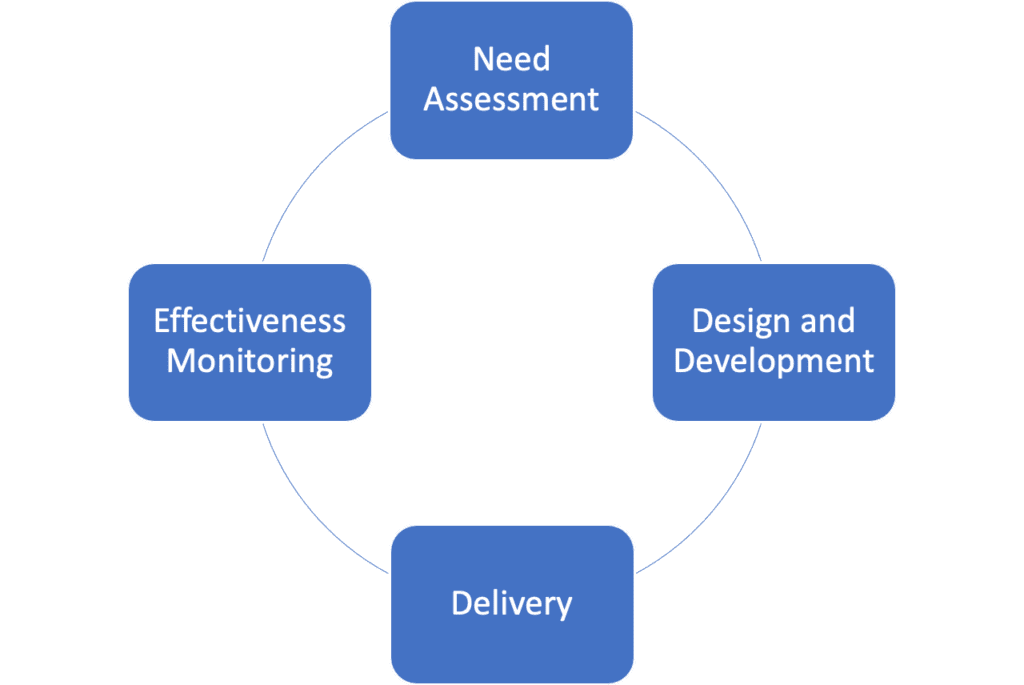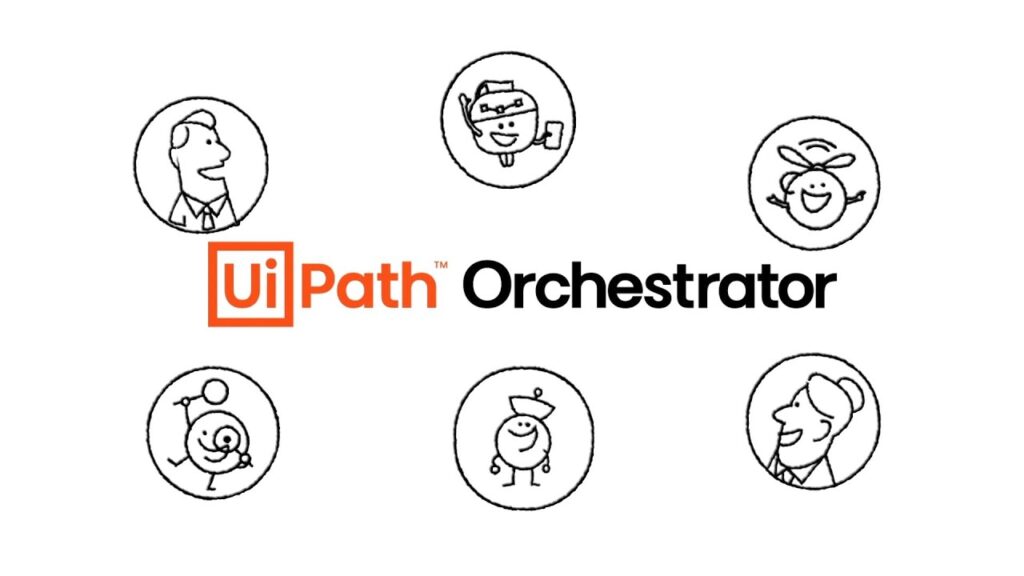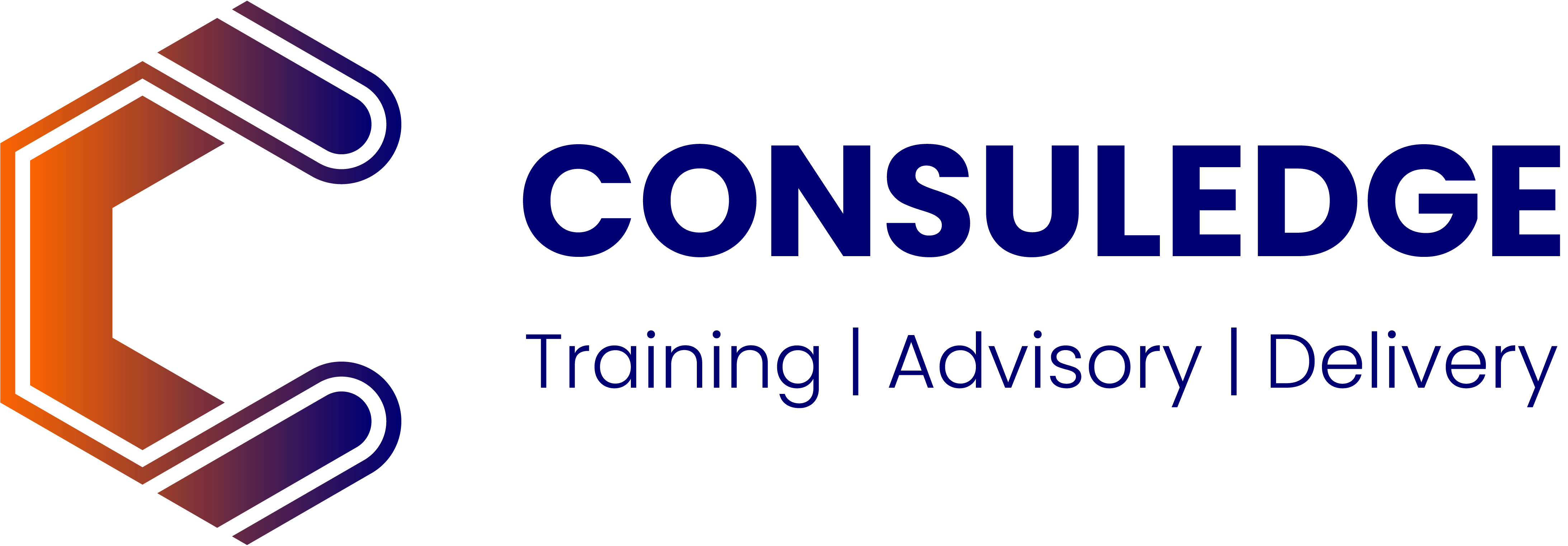ISO/IEC 42001:2023
What is ISO/IEC 42001:2023 Training about?
The ISO/IEC 42001:2023 training course is designed for professionals and organisations seeking to implement effective AI management practices. This course covers the international standards for governing AI systems, focusing on risk management, accountability, and transparency. As AI becomes integral to various sectors, ensuring compliance with ISO/IEC 42001 is crucial for aligning AI development with global best practices.
What can we gain from this course?
Through this training, participants will gain hands-on experience and theoretical knowledge of implementing the ISO/IEC 42001:2023 framework. This standard helps organisations mitigate risks associated with AI, ensuring ethical use while maintaining compliance with international regulations. Ideal for business managers, AI developers, data scientists, and compliance professionals, this course is a must for anyone looking to future-proof their AI strategies.
Key benefits of the training:
Comprehensive understanding of the ISO/IEC 42001:2023 AI governance framework.
Tools to implement risk management and accountability in AI systems.
Mastery of regulatory compliance and ethical AI considerations.
Ability to lead AI governance initiatives in various organisational settings.
1 - Introduction to ISO/IEC 42001:2023
Overview of the ISO/IEC 42001 AI governance standard.
Key terminologies and concepts related to AI management.
Importance of standardization in AI system development.
2 - Scope and Framework of ISO/IEC 42001
In-depth understanding of the standard's structure.
Core principles: transparency, fairness, and accountability.
Defining the scope of AI systems under this standard.
3 - Risk Management and AI
Identifying and addressing AI-related risks.
Frameworks for implementing AI risk management.
Approaches to managing the complexities of AI technologies.
4 - Legal and Ethical Aspects of AI
Understanding the ethical and legal implications of AI.
Guidelines for avoiding bias, discrimination, and ensuring fairness in AI systems.
Adapting to regulatory requirements in the ever-evolving AI landscape.
5 - Implementing AI Governance Controls
Practical steps for establishing AI governance controls within an organisation.
Developing AI governance policies for ISO/IEC 42001 compliance.
Ensuring AI systems meet international transparency and accountability standards.
6 - AI Impact Assessment (AIIA)
Tools and methodologies for conducting an AI impact assessment (AIIA).
Evaluating the short- and long-term impacts of AI systems.
Documentation and reporting requirements for ISO compliance.
7 - Case Studies and Real-World Applications
Examination of industries successfully implementing ISO/IEC 42001 AI standards.
Practical group exercises for applying AI management principles.
Insights into overcoming AI governance challenges.
8 - ISO Certification and Continuous Improvement
Preparing your organisation for ISO/IEC 42001 certification.
Maintaining and continuously improving AI governance frameworks.
Staying ahead of future trends in AI management.
Take the First Step Toward Transforming Your Team!
Our in-house training services are designed with your unique goals in mind. Here’s how we work together to create lasting impact:
Step One: Training Needs Assessment
We collaborate to understand your team’s challenges and goals, tailoring every aspect of the training to your needs.
Step Two: Custom Design and Development
We craft a curriculum based on your specific requirements, ensuring it’s both practical and relevant.
Step Three: Expert Delivery
Our experienced trainers engage your team, fostering real-world skills.
Step Four: Monitoring Effectiveness
Together, we evaluate the program’s impact to ensure lasting results.
What About Costs?
Before we assess your needs and design your course, we can’t provide an accurate fee. For example, a one-day workshop on communication skills may differ significantly in cost from a multi-week leadership development program with advanced role-playing exercises and follow-ups. Each program’s cost depends on its complexity, duration, and materials required.
What’s Next?
The first step is a Training Needs Assessment. This allows us to define the program and provide a detailed proposal tailored to your goals and budget.
📅 Click Below to Schedule Your Session Use our calendar to book your session and start building a training program that delivers real value for your team.
🚀 Schedule Your Assessment Now!

Questions must be Answered in the first stage of Need Assessment :
Enroll Now!
Take the first step toward becoming a recognized leader in ISO/IEC 42001: enroll today and secure your spot!
• Group Discounts: Special rates are available for teams and organizations.
• Contact Us: Reach out via email at info@consuledge.com or call us at (02) 8530 2669 for more details.
Any Questions?
So we can get to know you and your needs better
Here's What We Can Help With :
Run into a problem using Consuledge ? Check out our Policy for set-up guides and feature release notes.
- Contact our sales team to talk about your LMS requirements
- Get customer support
- Contact our partnerships team
- Answer any other questions you may have
- Contact our sales team to talk about your LMS requirements
- Get customer support
- Contact our partnerships team
- Answer any other questions you may have
FAQ
Has the banking industry implemented ISO/IEC 42001:2023?
Yes, several financial institutions in Australia are in the process of integrating the standard. A Canadian bank has already conducted a successful pilot using the draft version of the certification, proving its relevance in the banking sector.
What are the risks of not adopting an AI management system standard?
By not implementing AI standards like ISO/IEC 42001:2023, organisations risk non-compliance, especially in regions where regulations like the European AI Act mandate adherence. Failure to comply can result in legal and operational challenges, particularly in high-risk AI use cases.
Why should companies, particularly SMEs, consider adopting the ISO/IEC 42001:2023 standard?
For SMEs, adopting this standard helps bolster a company’s reputation, particularly where AI use has raised concerns about privacy and transparency. A handbook is being developed to guide SMEs through the process, ensuring it is accessible and resource-efficient.
Is the standard relevant for both AI developers and those procuring AI systems?
Yes, ISO/IEC 42001:2023 is applicable to both AI developers and procurers. The standard provides specific guidance to address the different risks and objectives involved in managing AI systems.
How will ISO/IEC 42001:2023 stay updated with advancements in AI?
The standard will be reviewed every five years, with potential updates every two years, to ensure it remains relevant amidst fast-moving AI developments, including generative AI.
Can government departments adopt ISO/IEC 42001:2023?
Absolutely. Government bodies can benefit from the standard’s principles, as it promotes responsible AI use and procurement practices.
What sets ISO/IEC 42001:2023 apart from other AI standards?
ISO/IEC 42001:2023 is the first globally recognized AI management system standard, offering a comprehensive framework independent of any specific legal jurisdiction. Its international scope distinguishes it from regional standards.
What proportion of Australian businesses are ready to adopt ISO/IEC 42001:2023?
Anecdotal evidence suggests that only a small percentage of organisations—mostly those anticipating regulation in the U.S. and Europe—are preparing for the standard. This number is expected to grow as Australian regulations evolve.
Does this standard apply to AI models like GPT-3.5 or AI built on procured models?
Yes, it applies to both foundational AI models like GPT-3.5 and AI systems built upon these models. The standard addresses roles ranging from AI producers to service providers and users, outlining different compliance pathways for each.
Is ISO/IEC 42001:2023 standalone, and will it require certification like ISO 9001 or ISO 27001?
The standard focuses specifically on AI management, but organisations certified under other standards (e.g., ISO 9001 or ISO 27001) may find it easier to adopt ISO/IEC 42001:2023, as the standards are compatible and can reference one another.
Is this standard enough to govern AI within an organisation?
For many organisations, especially those without heavy AI integration, ISO/IEC 42001:2023 may suffice. However, companies with more complex AI implementations, such as those in manufacturing or financial automation, might require additional standards for complete AI governance.
What challenges might organisations face when implementing this standard?
One of the main challenges is creating an inventory of deployed AI systems and determining the scope of the AI management system. This process requires collaboration across departments but becomes more manageable once the initial setup is done.
Are pharmaceutical companies adopting ISO/IEC 42001:2023?
Currently, no pharmaceutical companies have been noted for adopting the standard, but medical device companies, especially those developing diagnostic software, are already starting the implementation process.
Does ISO/IEC 42001:2023 consider generative AI (GenAI) and its risks?
Yes, the standard covers various AI systems, including generative AI. ISO/IEC 23894 can assist organisations in conducting risk assessments specific to GenAI and large language models.
What sections of the standard are most useful for tech leads?
Tech leads may find the most value in the references to ISO/IEC 5338, which maps how the AI system lifecycle differs from traditional software development. This part of the standard will help tech teams manage the AI system lifecycle effectively.
Courses you might be interested in

The Symbiosis of Human and AI: How the Internet of Bodies Is Becoming Our New Nervous System

UiPath Orchestrator Isn’t Failing You — IIS, SQL Server, Elasticsearch, or Kibana Might Be

Top 5 Key Components of Robotic Process Automation (RPA): Orchestrating Success in Finance





